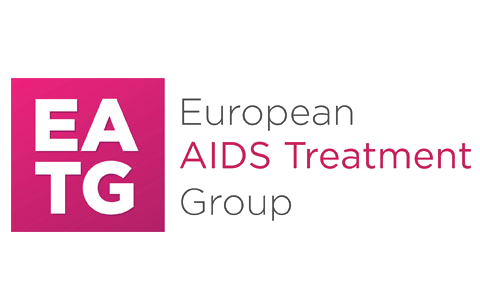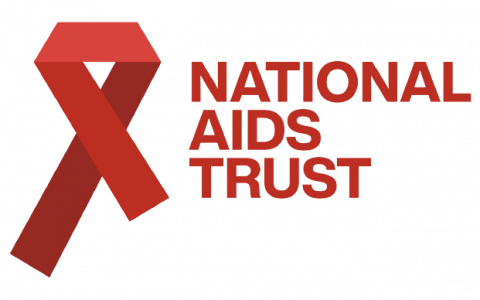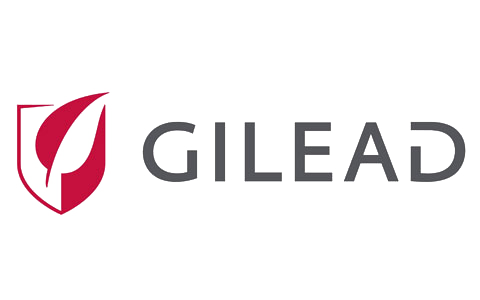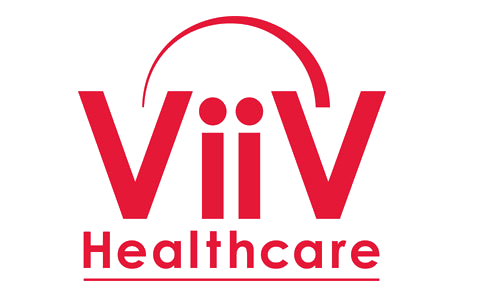Case Study
Spain – Implementation of PrEP in Spain – The Result of a Collective Effort

-
Context
Since the regulatory agencies approved the use of Tenofovir/Emtricitabine as pre-exposure prophylaxis (PrEP) for HIV, the various administrative steps for its implementation have been taken in Spain. But this has been slow in coming. The implementation of PrEP in Spain, and the implementation of an information system that allows monitoring, are examples of how it is possible to advance public health policies on HIV, through social and scientific entities with the support of the administration.
-
Introduction
With the scientific evidence in favour of PrEP use in HIV-exposed people, and the approval of TDF/FTC use as pre-exposure prophylaxis by both the FDA in 2012, and by the EMA and the Spanish Agency of Drugs and Health Products in 20161, the scientific community and civil society expected PrEP implementation in a short period of time. However, not all the necessary political and administrative elements were in favour of PrEP implementation in Spain. The community and scientific societies identified the need to work together to identify and address barriers to PrEP implementation.
-
Aims
Achieving effective implementation of PrEP in Spain.
-
Method
Within the framework of the meeting of the Spanish Interdisciplinary AIDS Society (SEISIDA) in 2018, meetings were initiated between people from non-governmental organisations and representatives of scientific societies in the field of HIV. This working group called itself PrEP Think Tank2. This working group functions as an “ethical lobby”, identifying barriers to PrEP implementation and proposing advocacy measures. The actors involved in this working group carried out formal studies of the political-administrative3 situation, knowledge and desire for use, and need for PrEP4,5, or analysis of possible implementation6 models. The PrEP Think Tank developed arguments and supported the elaboration of a Resolution asking for the implementation of PrEP. This Resolution was supported by all political groups. The change in the political context in the Central Government, in 2018, incorporated elements more favourable to this implementation and integrated many of the products and reflections that had emerged from the Think Tank.
-
Results
In October 2019, the Ministry of Health approved public funding for TDF/FTC as pre-exposure prophylaxis within the health system. All the actors involved were engaged in the elaboration of an implementation guide for PrEP programmes in Spain, which was published in February 20207. An information system was designed to monitor the implementation and follow-up of PrEP programmes (SIPrEP) also with the involvement of key actors 8. In July 2020, the National AIDS Plan signed a collaboration agreement with SEISIDA to jointly finance actions dedicated to the promotion of PrEP in Spain for four years. Despite all of this, the implementation of PrEP in Spain continues to be uneven among Autonomous Communities and it is necessary to continue promoting this strategy.
-
Recommendations
The cooperation of social and scientific entities and the administration is an example of good practice that has allowed progress in the implementation of PrEP in Spain. The involvement of all stakeholders has fostered a culture of cooperation that has been maintained beyond the implementation of PrEP. This involvement will continue to be necessary to monitor the implementation of the strategy and ensure it reaches vulnerable populations.
Moreover, the development of formal analyses to identify specific barriers is an example of good practice in achieving progress in the HIV response.







